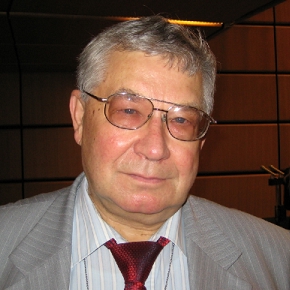 |
||
|
TEPCO Announces Test Run of Improved Water Decontamination System at Fukushima RIA Novosti, PUBLISHED 28.09.2014 Tokyo Electric Power Company (TEPCO) has begun trials of the first unit of the improved water decontamination system at the crippled Fukushima Daiichi nuclear power plant, the company announced on its website. TEPCO said that the remaining two units of what it called “a significantly enhanced” Advanced Liquid Processing System (ALPS) will be put into operation in the foreseeable future. The company then will be able to double the amount of radioactive water it can process through the ALPS from 750 to 1,500 tons a day, TEPCO stated. On March 2011, the Fukushima nuclear power plant was hit by a 9.0-magnitude earthquake and a subsequent tsunami, which caused a partial meltdown of three of the plant’s nuclear reactors. The incident is considered the worst nuclear disaster since the 1986 Chernobyl catastrophe. Topics: NPP Fukushima Daiichi Other news: Finnish Government Approves Rosatom Nuclear Reactor Project Ten ministers voted in favor of granting the application, while seven ministers voted against. Prime Minister: Finland to Continue Nuclear Cooperation With Russia Despite Sanctions If we look at Rosatom's activities, there have been no problems whatsoever. Russian Nuclear Experts Present Bushehr-2 NPP Project in Iran Several Russian companies, including OKB Gidropress and Atomstroyexport participated in the seminar. |
Hero of the day 
The ISTC Responsible Science Program and Subprogram Culture of Nuclear Nonproliferation The dual-use nature of nuclear technology consisting in the potential for its application equally in peaceful and military sphere is the basic contradiction for the existing nuclear nonproliferation regime and comprehensive development of the nuclear power and nuclear fuel cycle. INTERVIEW
Jerry Hopwood OPINION
Joint Plan of Action |

